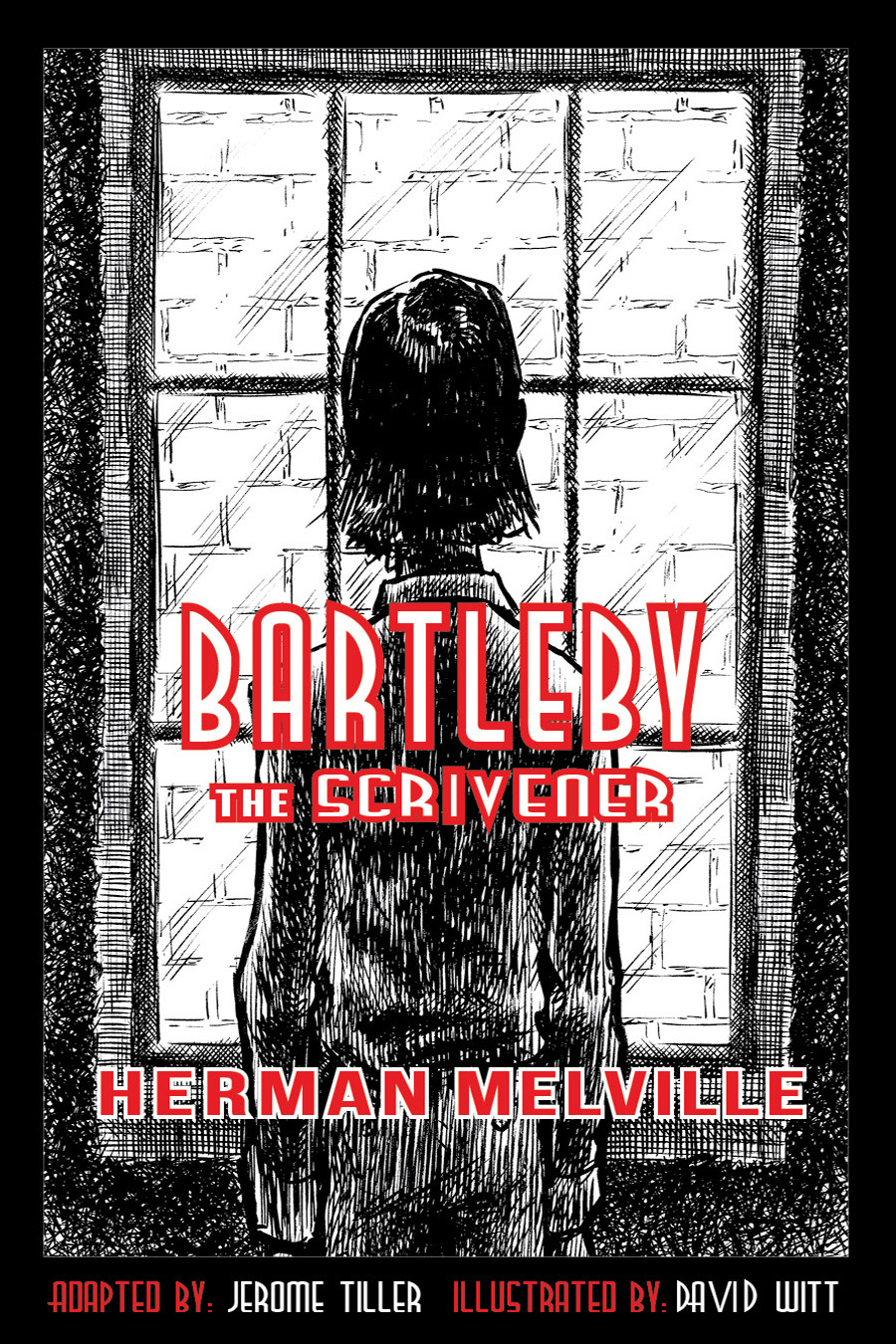Edgar Allan Poe was not sarcastic
So that makes me dead wrong for saying Poe use sarcastic humor in the example I chose to demonstrate his humor. Either Poe wasn’t being sarcastic, or the excerpt I used wasn’t humorous. Intent to hurt cannot be funny, even when someone’s ego deserves to be chopped down to size. I don’t think I can have it both ways. The dictionaries have corrected me.
A little deeper
Still, indecision plagues me. Let’s go just a little deeper into “Edgar Allan Poe’s Hop-Frog” to try to sort this out. Immediately after Poe introduces the king and his court to begin the story (the excerpt I used last blog), he introduces Hop-Frog.This was a time when professional jesters had not altogether gone out of fashion at court. Several of the great continental ‘powers’ retained ‘fools’, who wore caps with bells and were expected to always be ready with sharp witticisms at a moment’s notice in consideration of the crumbs that fell from the royal table.
Our king then, as a matter of course, retained a fool, or professional jester. The fool’s name was Hop-Frog. But Hop-Frog was not only a fool; his value was trebled in the eyes of the king by the fact he was also a dwarf and a cripple. In those days dwarfs were as common at court as fools, and many monarchs would have found it difficult to get through their days (days are rather longer at court than elsewhere) without both a jester to laugh with and a dwarf to laugh at.
At this point in the story I have already decided the main character, Hop-Frog, is sympathetic, and there is nothing about the king (or royalty generally) that I like. However, I do not find anything in these two paragraphs that's funny.Back to sarcastic
Nevertheless, I do find something in these paragraphs, as in the first, that delights me: Poe’s speed and efficiency in identifying and cutting the bad guys, essentially simultaneously. In three short paragraphs I completely sympathize with a character I hardly know, and I already know enough about his adversaries to hold them in utter contempt. Poe delights me with his skill as a writer. And, I confess, with his mockery. He cuts so quickly, deeply, and cleanly.But doesn't cutting and mockery provide the very meaning to the word sarcastic? And didn't I begin this blog by claiming Edgar Allan Poe was not sarcastic, whereas now I adaptedclassics.com suggest that he was! Yikes! I need to regroup.
And if Poe is sarcastic, what does that say about my sense of humor? I did claim in the previous blog that the first paragraph in Hop-Frog was humorous because it would provide many readers with smug delight. Perhaps I am confusing being delighted with being humored. So maybe rather than regroup, I need to self-examine. I will before I blog about humor adaptedclassics.com.
[caption id="attachment_170" align="aligncenter" width="200"]
 Edgar Allan Poe not sarcastic[/caption]
Edgar Allan Poe not sarcastic[/caption]

